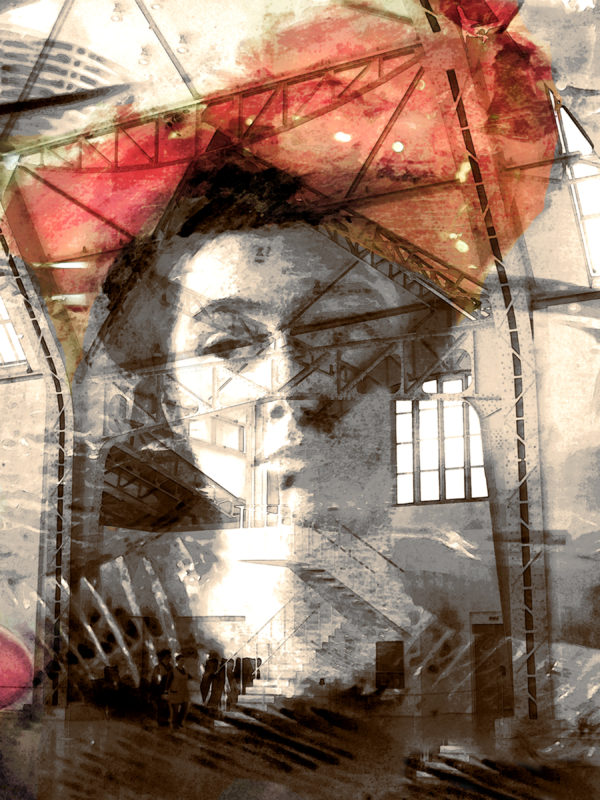Today I am thinking of the courage of the Kashariyot, the young women serving the Jewish resistance as couriers. A first and important strategic step of the Nazis was to isolate the ghettos after the occupation of Poland. Couriers were needed for communication among the resistance and it turned out that young women had a much better chance of going undetected. Not only did they not cause attention when wandering the streets or traveling in broad daylight compared to men who were supposed to be at work, but they could not be identified by a check on circumcision. Most importantly, though, in contrast to the boys who had spent their time in religious schools, the girls spoke fluent Polish with undetectable accents, because they had been immersed in the culture and thus could pass. They did not only smuggle messages, in the end they even brought weapons and ammunition to the ghettos.
http://www.yadvashem.org/yv/en/education/newsletter/18/couriers.asp#!prettyPhoto

Strangers
Railways bring strangers.
They disembark and look around:
they are helpless. Anxious fish
swim in their eyes.
They wear strange noses.
They have sad lips.
No one has come to fetch them.
They wait for the twilight
which makes no distinction between them
so they can call on their kindred
in the Milky Way,
in the lunar hollows.
One plays a harmonica –
off-kilter melodies.
Another musical scale
lives inside the instrument:
an inaudible sequencing
of isolations.
Rose Ausländer (translated by Eavan Boland)


